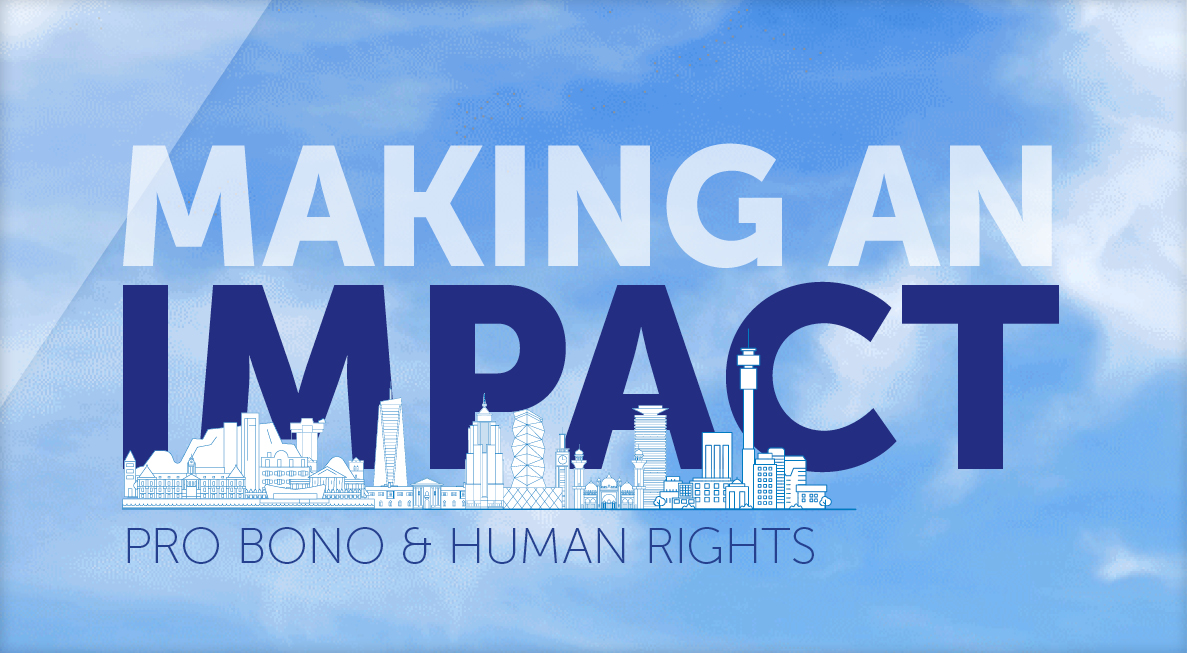The hot potato: Who is liable for workman's compensation?
In terms of s22 of the Compensation for Occupational Diseases Act, No 130 of 1993 (COIDA) all employees have the right to compensation where, as a result of a workplace accident or work-related disease, they are injured, disabled or become ill.
An occupational disease is a disease arising out of and contracted in the course of an employee's employment and which is listed in Schedule 3 of COIDA.
The definition of an employee in broad terms is anyone who has entered into a contract of service with an employer. The position however, differs in the case of independent contractors. Section 89(1)(a) of COIDA provides as follows:
- if a person (the mandator) in the course of or for the purpose of his business enters into an agreement with any other person (the contractor) for the execution by or under the supervision of the contractor of the whole or any part of any work undertaken by the mandator, the contractor shall, in respect of his employees employed in the execution of the work concerned, register as an employer in accordance with the provisions of this Act and pay the necessary assessments.
Section 89(1)(b) of COIDA provides that if the contractor fails to meet its obligations in terms of COIDA, the employees shall be deemed to be employees of the mandator, and the mandator shall pay the assessments in respect of the employees in question.
Section 89(2) of COIDA provides that in the event that a mandator has paid an assessment or compensation for which he would not have been liable to pay had the contractor complied with its obligations under COIDA, such mandator may recover that assessment or compensation from the contractor. Such amount may also be set off by the mandator against any debt due to the contractor.
In determining which party would be liable for the compensation, one would first have to ascertain who the employer is. If it is determined that the employer is the independent contractor, s89 of COIDA would apply.
In respect of public liability, the general rule of our law is that although an employer may be held vicariously liable for the wrongdoing of his employee, an employer is not responsible for the negligence or the wrongdoing of an independent contractor, mandated to perform certain tasks for such employer. This view was held by the Supreme Court of Appeal (SCA) in the case of Chartaprops 16 (Pty) Ltd and another v Silberman 2009 (1) SA 265 (SCA). The SCA explained that the correct approach to the liability of a principal (employer) for the negligence or wrongdoing of an independent contractor is to apply the fundamental rule that obliges everyone to exercise the degree of care that the circumstances demand. The employer is not obliged to take any further steps than reasonable to guard against foreseeable harm to the public.
The SCA found that, by engaging a competent contractor, the employer took the necessary care incumbent on it and there would have been no way for the employer to have known that the contractor's work would be defective and result in harm to the public. Accordingly, the SCA found that the harm to the public was caused solely by the wrongdoing of the contractor and absolved the employer from liability.
An employer is therefore not responsible for the negligence or the wrongdoing of an independent contractor, mandated to perform certain tasks for such employer. An employer is only required to exercise the degree of care demanded by the circumstances and is not obliged to take further steps than is reasonably required to guard against foreseeable harm to the public.
The information and material published on this website is provided for general purposes only and does not constitute legal advice. We make every effort to ensure that the content is updated regularly and to offer the most current and accurate information. Please consult one of our lawyers on any specific legal problem or matter. We accept no responsibility for any loss or damage, whether direct or consequential, which may arise from reliance on the information contained in these pages. Please refer to our full terms and conditions. Copyright © 2025 Cliffe Dekker Hofmeyr. All rights reserved. For permission to reproduce an article or publication, please contact us cliffedekkerhofmeyr@cdhlegal.com.
Subscribe
We support our clients’ strategic and operational needs by offering innovative, integrated and high quality thought leadership. To stay up to date on the latest legal developments that may potentially impact your business, subscribe to our alerts, seminar and webinar invitations.
Subscribe




